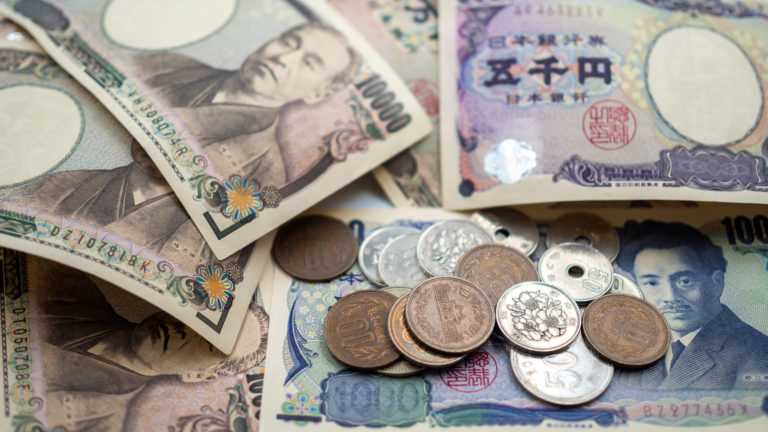A shrinking population has finally caught up with Japan’s economy, knocking it down to fourth place among global economies. But what does a Japanese recession mean for U.S. companies? Two decades ago, a receding Japanese economy would have spelled disaster for many American brands and consumers. However, much global manufacturing has shifted from Japan to China and Southeast Asia.
Nowadays, American companies more commonly utilize the highly developed Japanese economy as a market for reciprocating culture with Japan. This approach has led many American brands to flourish in Japan. The investing and consumer sectors have seen successful growth as the Japanese people favor US goods and services.
Unfortunately, in times of recession, foreign and imported goods struggle to compete with domestic as local economies shrink. As such, three U.S. stocks may struggle due to a Japanese recession.
JP Morgan Chase(JPM)

The world’s largest bank by market capitalization, JP Morgan Chase (NYSE:JPM), holds deep financial connections with the global economy. JPM’s relationship with Japan dates back to 1924, when JPM underwrote 150 million dollars in recovery bonds after the Great Kanto Earthquake. Then, after World War Two, Chase National Bank became one of the first foreign banks to open in Tokyo, Japan.
This dedication to the Japanese economy has made JPM the premiere foreign investment option for the country. Thus, this close banking relationship could suffer as the Japanese recession intensifies due to a decreasing population and lower productivity. Therefore, the bank’s profitability seems unlikely to survive the wave of defaults that come with a localized recession.
For US investors owning JPM stock, this means keeping an eye on the intensity and severity of the Japanese recession. For now, the gradual economic contractions in Japan are likely to be offset by JPM’s success in other global markets.
Gap (GPS)

In recent years, the American clothing giant, Gap (NYSE:GPS) has seen significant expansion in the Japanese consumer market. Much of this success comes from Gap’s dedication to affordable minimalist clothing, which resonates well with Japanese culture. Furthermore, Gap has mastered its digital marketing angle, leading to over 100 Gap-owned stores opening nationwide.
Unfortunately, the foremost industry that a recession impacts most is retail, of which all of Gap’s revenues in Japan fall under. This is because recessions result in a significant decrease in consumer spending, resulting in excess stock.
For retailers like Gap, this means an inability to clear stock, forcing it to sell at a lower price. In turn, profitability in the region decreases, and storefronts close due to operating costs. For Gap investors, the Japanese recession may significantly impact the brand’s international value and decrease stock price.
Levi (LEVI)

Maker of America’s most famous blue jeans, Levi (NYSE:LEVI), has been a fashion staple in Japan for decades. Moreover, the explosion of denim’s popularity in post-WWII Japan led to a phenomenon where Japanese-made denim became a luxury item. Today, denim lovers abroad laud Japanese selvage denim for its lightweight qualities and softness compared to traditional denim.
Levi’s successfully tapped into the manufacturing prowess of Japanese denim mills in the 1950s and has prospered since. Today’s Levi’s markets its Japanese-made jeans as the best the company offers in terms of quality and style. As the Japanese economic output decreases, operating costs and staffing issues will likely increase the price of these premium jeans.
For consumers in Japan and abroad, these denim products will become less accessible, cutting into Levi’s luxury product profit base. Fashion-forward investors may want to pay close attention to Japanese operating costs when considering LEVI.
On the date of publication, Viktor Zarev did not have (either directly or indirectly) any positions in the securities mentioned in this article. The opinions expressed in this article are those of the writer, subject to the InvestorPlace.com Publishing Guidelines.
